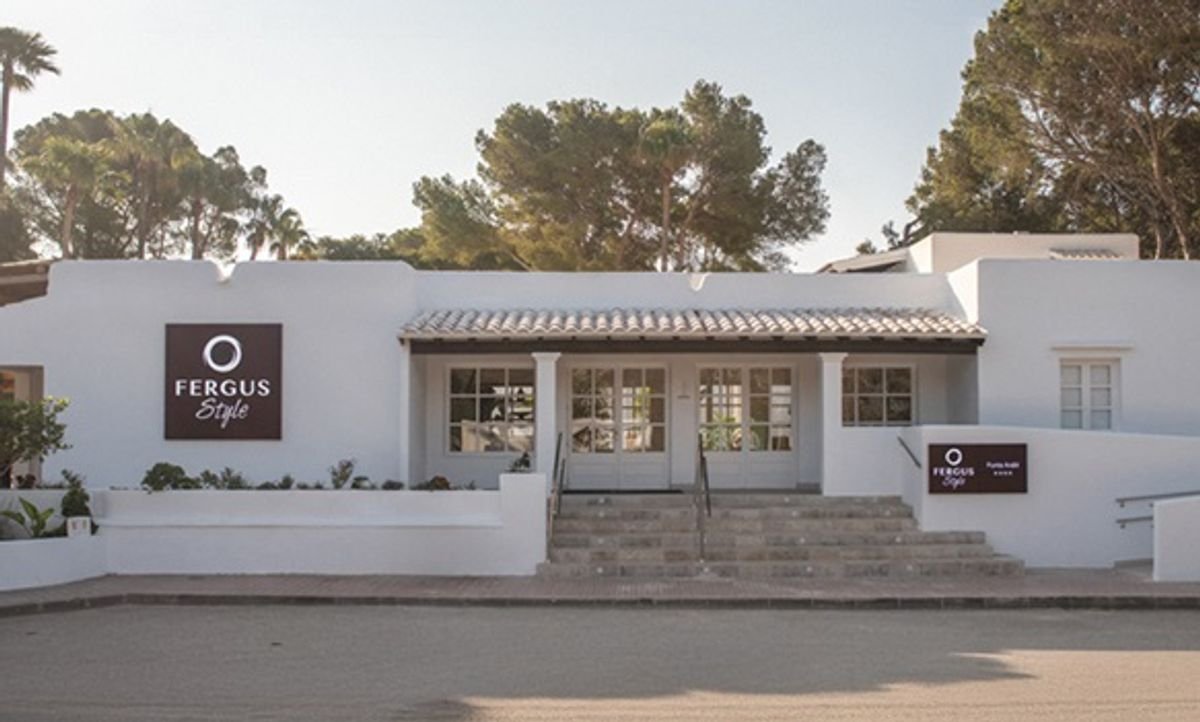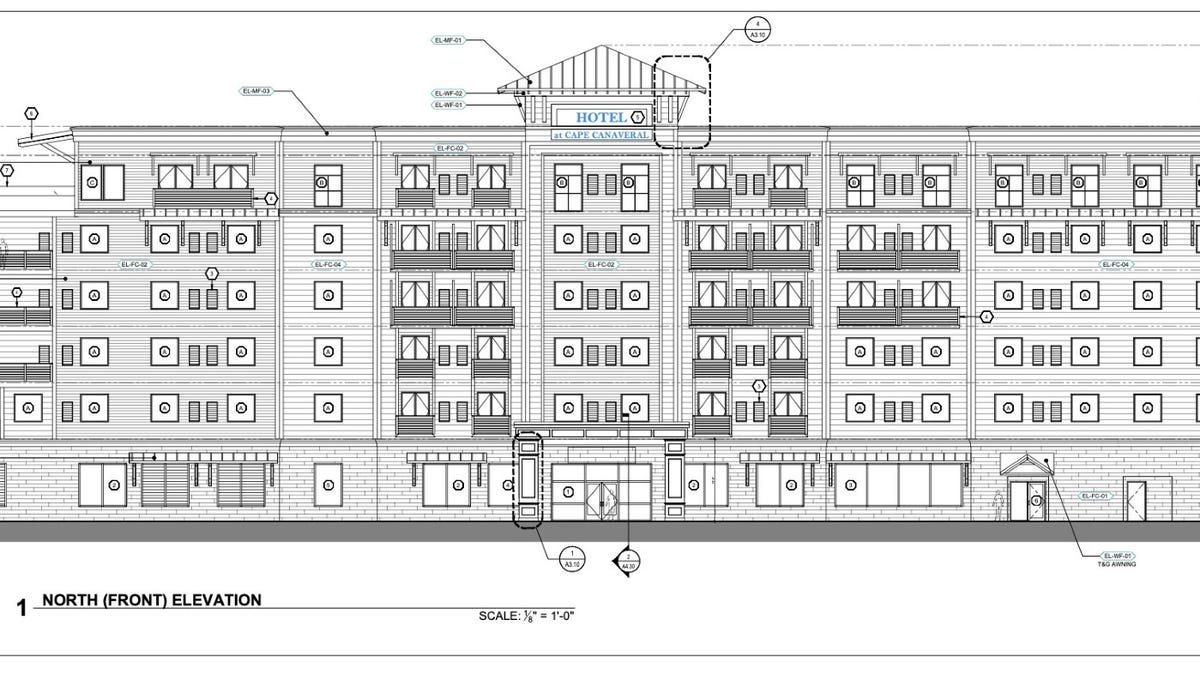INTERNATIONAL REPORT — Born out of Palma de
Mallorca, Spain, a decade ago, the Fergus Group’s 34 hotel assets stretch
across key Spanish holiday regions, including the Balearic and Canary Islands,
Catalonia, and Andalusia.
The Spanish company owned by Mallorcan
entrepreneur Pep Cañellas specializes in repositioning, managing, and
commercializing hotel assets across various brands from luxury to mid-market.
It owns and operates hotels under the Fergus Hotels and tent Hotels, while its
soft brand is Affiliated by Fergus.
Already, in 2025, the group has added seven
new properties to its portfolio, with three in Mallorca and one in Sitges on
the Barcelona coast. About a dozen more hotel transformation projects are in
the pipeline for 2025 and 2026, said CEO Bernat Vicens, particularly in the
Canary Islands and in new opportunities areas such as the Valencian Community,
with a special interest in Benidorm.
“Our growth strategy is strongly rooted in the
repositioning of underperforming assets in Spain’s mature vacation
destinations,” Vicens said. “That said, our priority when assessing new
opportunities is clear: we only move forward with projects that allow us to
create long-term value—for the hotel and the destination. We are selective in
our growth.”
The group’s local knowledge gives it the edge
on U.S. companies looking to expand in Spain in the holiday resort market, Vicens
added.
“Managing beach-oriented leisure hotels,
particularly in a mature destination like Spain, requires a very specific
expertise,” he said. “While the core principles of hotel management remain
common, vacation hotel management differs from urban or business hotels. Guest
behavior, expectations, seasonality and spending patterns demand a tailored
approach.
“Many large U.S.-based or publicly traded
companies rely on strong brand architecture but often lack the operational
experience and commercial strategies needed to succeed in this niche. Our
strength lies there.”
Vicens added that the Fergus Group model is
flexible and adapts to the ownership structure of each asset, noting that some
of the hotels are owned.
“We collaborate with a diverse range of
owners, from small family-run businesses to international investment funds and
other hospitality groups, who all share the objective of maximizing asset value,”
Vicens said.
The lineup
The Fergus Hotels brand includes 4- and 5-star
properties across Spain’s top coastal destinations. The brand operates three
distinct sub-segments: Fergus Club, aimed at all-inclusive, activity-rich,
family-oriented travel; the lifestyle-oriented Fergus Hotels; and the premium,
adult-oriented Fergus Style.
In 2020, the company launched tent Hotels,
targeting the mid-range to premium market segment, and Gen Y and Z travelers,
with a modern and flexible approach.
“Tent Hotels is a trailblazer in the B&UB
(Bed & Unlimited Brunch) category,” Vicens said. “These properties are
tailored for travelers seeking flexibility and immersion in the local
destination.”
Affiliated by Fergus targets independent
hotels that wish to retain their identity while benefiting from Fergus Group’s
operational and commercial expertise.
Vicens said that as a third-party management
company, its strategy is to add value to both the holding company and its
partners. “We choose hotels that are not at the level of performance that they
could be and, through a change in management and reinvestment, take them to
another category.
“Our GOP delivery strategy is rooted in a
combined formula of efficiency and a consumer value-driven model. We focus on
unlocking underutilized potential in assets through targeted repositioning,
lean operational structures and a tailor-made, asset-by-asset commercial
strategy.”
This, too, Vicens believes, differentiates the
group from larger U.S.-based operators who may standardize performance.
“We adapt our approach to each
property—maximizing owner returns by blending operational flexibility with a
deep understanding of local requirements, seasonality, and labor dynamics.”
Bottom line
Vicens said the company’s success can be
measured by the international companies that have chosen them as a management
partner, such as Grupo Piñero and Grupo de Empresas Matutes (owner of the
Palladium Hotel Group).
To date, the group has invested over €130
million in hotel repositioning projects, “always with a focus on unlocking
long-term value.”
We expect to close 2025 with a turnover of €210 million and a GOP of €90 million, an 88% growth compared to recent years.
Bernat Vinces
Vicens said the group’s profits are soaring
along with its expanding portfolio and staff.
“We expect to close 2025 with a turnover of
€210 million and a GOP of €90 million, an 88% growth compared to recent years,”
he said.
This year, Fergus is opening seven new hotels,
including the Fergus Style Punta Arabí in Ibiza, its entry into Menorca with
two hotels, two new assets in Catalonia, and the ninth opening for its tent
Hotels brand. In 2026, three more hotels in Cala Major, Palma’s coastline, will
be renovated before reopening under the Fergus, Fergus Style, and tent Hotels
brands in 2027.
Vicens said the Spanish market continues to
demonstrate strong fundamentals in both domestic and international travel.
“We expect continued growth in ADR and RevPAR
in the leisure segment, especially in coastal and island destinations,” he said.
“With increased interest in quality, authenticity, and year-round experiences,
repositioned assets are in a strong position to outperform the market.”
Even with the uncertainty of global
macroeconomic factors, Vicens feels the outlook is positive, particularly for
operators who can adapt quickly and deliver tailored guest experiences.
“Each year, we add value to the sector by
introducing new repositioning projects that actively contribute to the
evolution of tourism in Spain,” he said.
Vicens gives the example of the €20 million
investments last year in launching three hotels in the Calvià area in
southwestern Mallorca: Fergus Club Mallorca Waterpark, tent Calvià Beach, and
tent Mojito Suites.
Closer
to home, overlooking the Bay of Palma, the group is expanding its footprint
with three new properties set to open in the seaside resort of Cala Major in
2027. Following an extensive repositioning project, the Fergus Style La Cala,
Fergus Marivent, and tent Costa Palma will re-emerge with upgraded facilities
and services.





































You must be logged in to post a comment Login